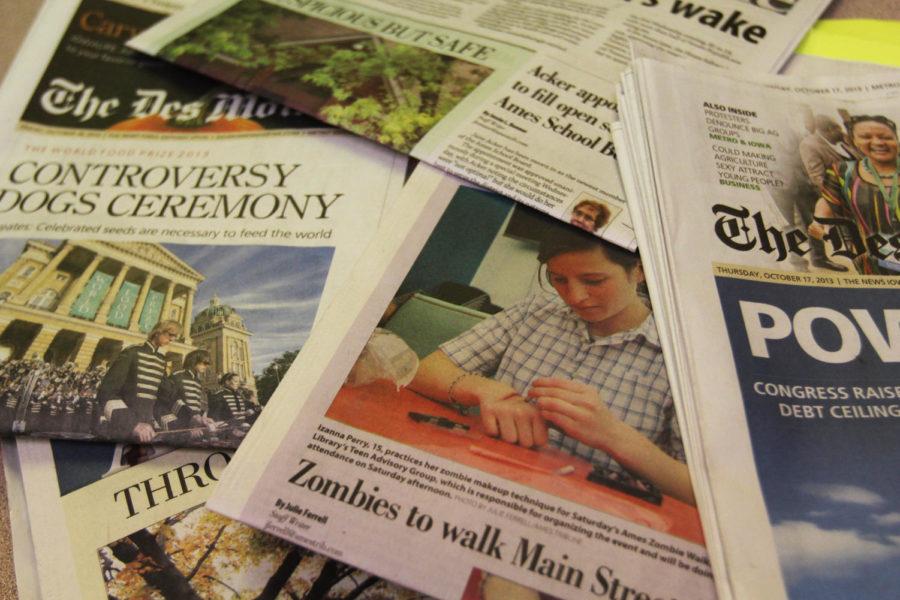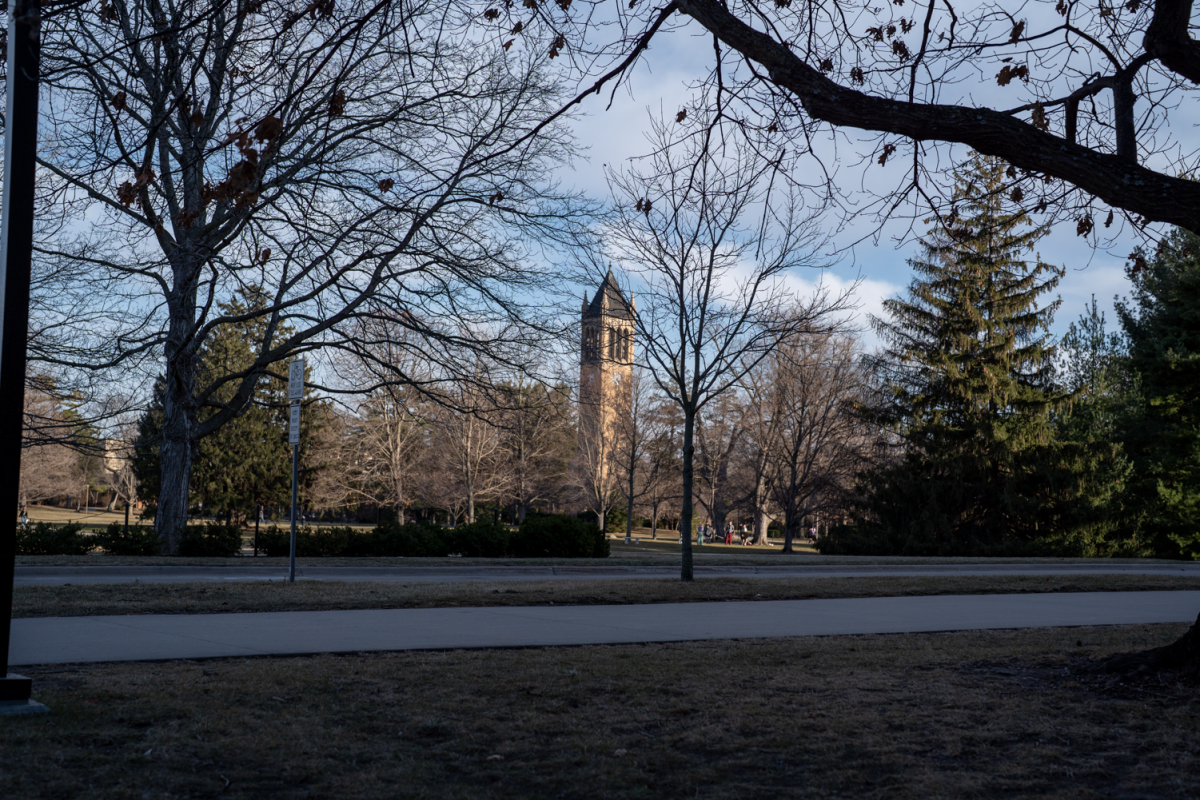Editorial: Our generation loses out by not reading the news
October 22, 2013
What have you read today? Chances are the majority of what we read has been sectioned off into tiny blurbs, probably no longer than a few dozen words. A Facebook post or two here, a tweet there, maybe just a few lines of an article that catches your eye in today’s paper.
Our seemingly ever-shortening attention spans can have more of an effect on our lives than we realize. Being unable to focus effectively on anything for very long is bigger than taking three hours to read a single chapter in one of your textbooks. It can completely shape the way we perceive (or rather, fail to perceive) the world.
“The media” might carry some poor connotations today, but not that long ago, it was understood to be perhaps the single most important industry out there. Since very few of us were present when important events took place, we have to rely almost exclusively on someone else either writing or speaking about the world in order to learn about it.
It seems fairly important, then, that we would want to be able to fully comprehend what is being said. Unfortunately, this is not the case.
Survey after survey confirms that younger Americans are not only using news sources less than their older counterparts but also are drastically less informed than they are.
Some of these discrepancies can probably be chalked up to simply being young and having other concerns, such as our love lives or our changing social groups. However, it cannot be totally overlooked that we as a generation are just plainly bad at reading the news.
To find that this is a relatively new problem, one need not look further than our common educational curricula. The study of literature is and has been taught almost universally. The idea behind this study is not to make sure everyone has read the Grapes of Wrath or Huck Finn, but to cultivate an interest is one of the best ways to spread long-term ideas and thoughts.
There is no comparable study of current event-based writings, which conveys ideas focused on the short-term. It has long been merely taken for granted that people will not only know how to properly inform themselves on these matters but that such action should not need to be encouraged.
Sadly, in a culture that strives to transmit our ideas in 140 characters or fewer, articles with word lengths in the hundreds — or even worse, whole pages of information — can be tossed aside without a second glance.
It can fairly be said a whole lot of information can be transferred, even in such short spaces. Dozens of news agencies around the world are even conforming to the recent push for shorter and shorter stories. They post partial or even full stories in a single paragraph, perfect for readers with little time on their hands, or an urgent need to recheck their friends’ statuses.
What these shortened versions of events miss is the complexity that pervades the world. They miss the whole story, in favor of the juiciest bits.
If someone had read about the recent government shutdown simply by glancing at punctuated updates, he or she might very well think the whole thing concerned only four or five lawmakers, and not the hundreds who actually participated in the fiasco. This view ignores the underlying history, the complex political reverberations, or any of the other contextual factors that were not punchy enough to make the cut.
With such a handicapped view of the world around us, it is not difficult to figure out how poorly we are equipping ourselves to be the future caretakers of our world. After all, with an inadequate grasp on not just what has happened in the world, but what is continually happening, how could we as a generation possibly make the informed decisions we will need to make over and over again?
In the end, our unwillingness to fully take in the news of the world is a choice. It might cost us knowing what all of our friends are up to all of the time, but every one of us could spend a little bit more time learning about the real events that have an impact on all of our lives.

















